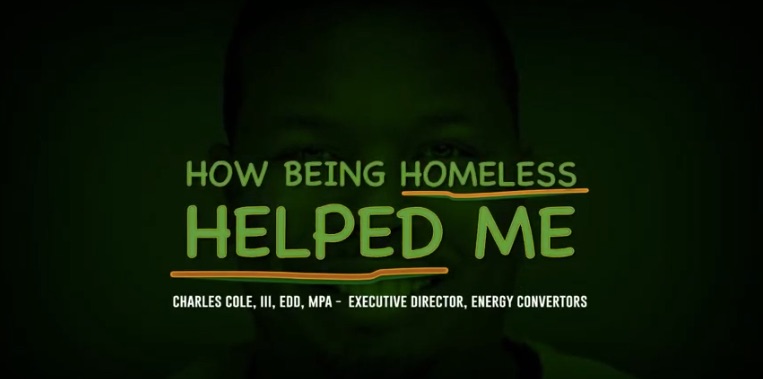By Jumoke Hinton
I’m grateful for the words of Dr. Charles Cole, III and the life he leads! Our conversation was heartfelt and powerful. We’ve broken down the session and will share some Dr. Cole gems from our conversation throughout our SoBEO Repurposing OUSD Lands for Housing campaign.
I had the opportunity to sit with Dr. Cole in an intimate Zoom conversation about his experiences navigating shelters and housing insecurity as a young person. And I also needed his policy advice as I introduce new legislation that would compel OUSD to build accessible housing for the thousands of unsheltered youth and their families. Creating workforce housing to help combat the gentrification and astronomical cost to live in the Bay Area is another goal of this policy.
A vision for Affordable and Accessible Housing for All was greatly influenced by SoBEO’s campaign to Repurpose OUSD underutilized and surplus property. It’s the stories and life experiences that inspire me as I developed this policy that will be heard before the board on Wednesday, October 28. Housing insecurity has not been far from my own life and I’ve worked throughout the Bay Area in homeless shelters, transitional housing and have been an advocate for interrupting displacement in San Francisco and Oakland.
I was so grateful to sit with Dr. Cole and ask my dear friend, little brotha, and mentor: What was your first memory of being homeless? Through the eyes of a child: what he saw, experienced and smelled. There was the experience of witnessing his own father having to maintain his dignity as a Black man while having rules and curfews placed on him because his family was unsheltered. The integrity and loss of agency was a stake, and that was something Charles had to witness. What is so powerful about that memory is while it spoke to a loss of control, it inspired a determined spirit to gain back independence.
This story speaks to the psychological battles many of our families and youth endure. The battle for us is to assist in restoring and enhancing the esteem of Oakland families. What also struck me, as Charles shared, was just this idea of “Housing Insecurity.” In some instances, it hasn’t been actually recognized — we have words now to explain the issue that Charles and many others didn’t have until recently. That experience could mean family members constantly moving across state lines if it meant there was a safe place. Terms we use today — “unsheltered” and “the housing insecure” mean those Oakland students and families who are couch surfing, utilizing shelters or hotels as temporary fixes for safe and sustained housing. Living likes this makes a great impact on your sense of belonging.
We have an obligation to ensure our schools, faith institutions, and community spaces create a sense of belonging for our young people. This is especially true if these young people are subjected to the great failure of our society to provide basic rights and access to safe housing.
As a District that identifies Joy in a child’s education as a Core Value, we should dedicate our work to ensuring our children have a sense of belonging. What can we do? We can commit to knowing what is impacting the lives of our students, with so much out of their control. What is the experience of a child, walking into school after waking up early, caring for their siblings, navigating the streets, and forging or having to steal to make sure they eat something?
These students and families are making their way into our institutions. We can be more mindful of the resilience they show up with every day. We can create opportunities to facilitate the development of their character and build agency within their lives. For every child we touch, the goal should be to educate them so they might experience Liberation. This is especially true for students managing just to find their place and a sense of belonging. Liberation is absolutely possible and attainable — thank you Dr. Cole, for sharing your story and demonstrating the heart and courage to Liberate yourself and others!
In Oakland, we live on the land of the Ohlone, the first people of this place we call Oakland. We can do better as an institution, we can step up and interrupt these housing inequities. We can empower and support families who deserve accessible and affordable housing, now! With this resolution and policy, A Vision for Affordable and Accessible Housing, we can be honest and forthright in our actions to uplift the public trust to repurpose the land, we’ve been entrusted with stewardship over.

